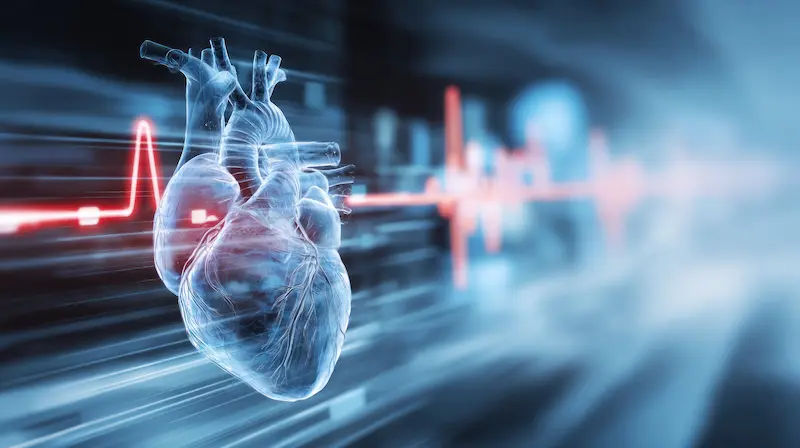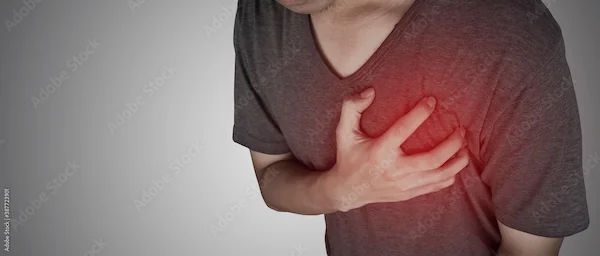- female
- 25 Years
- 22/01/2025
I'm a bit worried because my heart rate is around 113 BPM even when I'm just resting, but my ECG came back normal. I have to admit, I'm pretty lazy and don't get much exercise, and my breathing gets heavier when I try to run. Could my lifestyle be causing this high heart rate, or should I be concerned about something else?
Answered by 1 Apollo Doctors
A heart rate of 113 BPM at rest can be caused by various factors, including physical inactivity and a sedentary lifestyle. Since you mentioned that your ECG is normal, it is less likely to be due to a heart condition. The increase in respiratory rate on running suggests that your body is not efficiently adapting to physical exertion. To address this issue, I recommend starting with lifestyle modifications such as regular exercise and physical activity. Additionally, you can consider taking medication like Metoprolol to help lower your heart rate and improve cardiovascular health. It is important to consult with a healthcare professional before starting any medication regimen.
Dr. Kareemulla Suggests...
Consult a Cardiologist
Answered 04/07/2025
0
0

More Cardiology Health Queries
View allMy mom is currently taking a CTD 12.5 tablet daily as her doctor prescribed. I've heard that generic medicines can be more affordable. Is there a generic version of this tablet you could recommend for us? I'm trying to find a more cost-effective option.
Chlorthslid 12.5 mg and thalitone 12.5mg .
Answered by 1 Apollo Doctors
I've just got the COVAXIN and I'm a 21-year-old male at 80kg and 165cm. Since getting the shot, I've been feeling some discomfort in my chest area. I've been checking my heart rate, and it's averaging around 100 bpm, but I've also seen it spike to 110, 120, and even 130. I'm starting to get a bit worried about what this means. What should I do?
Visit Physician for evaluation and appropriate management
Answered by 1 Apollo Doctors
I'm really worried about my friend who's just had a tricuspid valve replacement at 35 and now he's feeling pretty anxious about what the future holds for him. Could you shed some light on how this might affect his life expectancy with a mechanical valve? Hes been so stressed about it.
Tricuspid valve replacement with a mechanical valve can significantly improve life expectancy and quality of life. With proper management and follow-up care, your friend can expect to live a long and healthy life. It is important for him to take his prescribed medications regularly and attend all follow-up appointments with his healthcare provider. Additionally, he should be aware of the signs and symptoms of any complications, such as infection or blood clots, and seek medical attention if he experiences any concerning symptoms. Encouraging regular exercise, a healthy diet, and stress management techniques can also contribute to his overall well-being. Overall, with appropriate medical care and lifestyle modifications, your friend can look forward to a good quality of life after tricuspid valve replacement with a mechanical valve.
Answered by 1 Apollo Doctors
Disclaimer: Answers on Apollo 247 are not intended to replace your doctor advice. Always seek help of a professional doctor in case of an medical emergency or ailment.




.webp)
